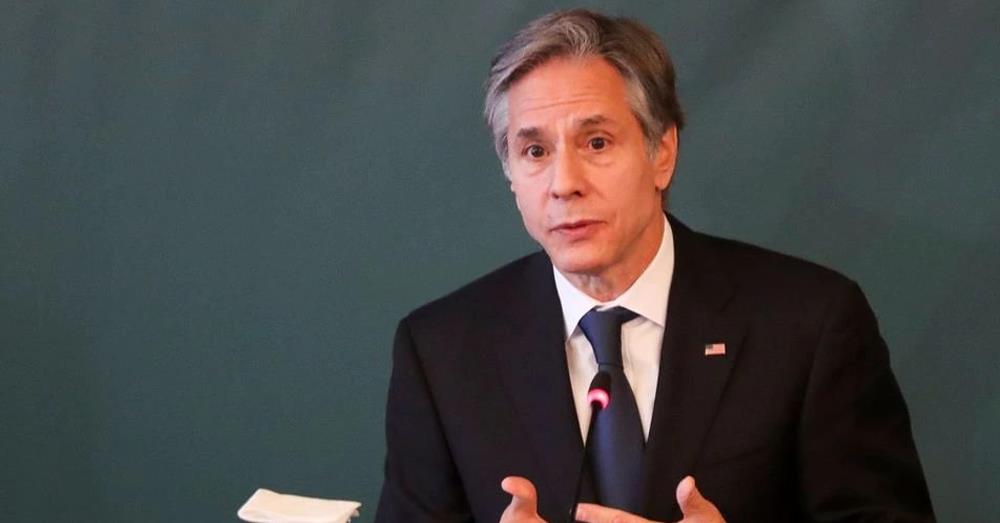WASHINGTON, Oct 13 (Reuters) - US Secretary of State Antony Blinken said on Wednesday (Oct 13) the Biden administration intends to press ahead with its plan to reopen the Jerusalem consulate that traditionally engaged with Palestinians, despite Israeli opposition to such a move.
Blinken reiterated a pledge he originally made months ago on re-establishing the consulate, which had long been a base for diplomatic outreach to the Palestinians before it was closed by President Joe Biden’s predecessor, Donald Trump, in 2018.
But Blinken, speaking at a Washington news conference with visiting Israeli Foreign Minister Yair Lapid and United Arab Emirates Sheikh Abdullah Bin Zayed Al Nahyan, stopped short of setting a date for reopening the consulate, which would strain relations with Israel’s new ideologically diverse government.
“We'll be moving forward with the process of opening a consulate as part of deepening of those ties with the Palestinians," Blinken said at the State Department.
The Biden administration has sought to repair relations with the Palestinians that were badly damaged under Trump.
The consulate was subsumed into the US Embassy that was moved to Jerusalem from Tel Aviv in 2018 by Trump - a reversal of longtime US policy hailed by Israel and condemned by Palestinians.
The Biden administration says it will reopen the consulate while leaving the embassy in place.
Israel regards all of Jerusalem as its capital. Palestinians want East Jerusalem, captured by Israel in a 1967 war along with the West Bank and Gaza Strip, as capital of the state they seek.
Blinken spoke in response to a reporter's question after a trilateral meeting that marked the latest sign of the Biden administration’s embrace of the so-called Abraham Accords, which were widely seen as a diplomatic success for Trump.
The UAE was the first of four Arab states that moved late last year to normalise relations with Israel after decades of enmity. Bahrain, Sudan and Morocco soon followed suit.
Palestinian officials said they felt betrayed by their Arab brethren for reaching deals with Israel without first demanding progress toward the creation of a Palestinian state.
Some critics said Trump had promoted Arab rapprochement with Israel while ignoring Palestinian aspirations for statehood.
